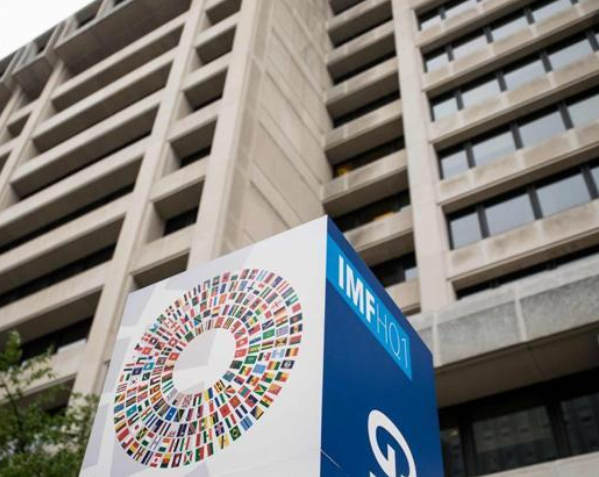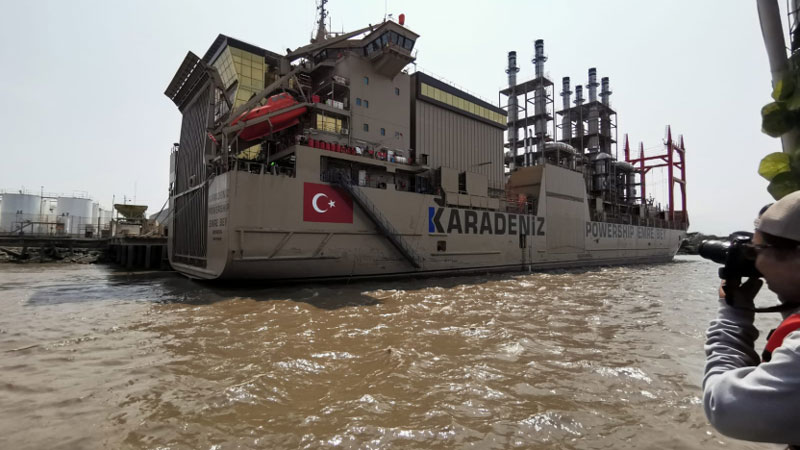IMF loan deal requires government to increase tax collections and reduce subsidies
The International Monetary Fund’s (IMF) $4 billion loan to Ecuador comes with strings attached.

IMF headquarters in Washington, D.C., United States.
Among the requirements are for the government to increase revenue by expanding the taxpayer base, permanently increasing the value added tax, formalizing informal workers and raising some business taxes.
At the same time, it wants to see a reduction in fuel and other subsidies, including those for businesses.
According to the IMF, Ecuador’s tax collections are among the lowest per capita in Latin America while its subsidies for fuels and business are among the highest. “To gain economic stability, Ecuador must make fundamental changes to its tax structure to bring revenues into line with expenses,” the IMF said in comments attached to the loan.
In addition, it warned that the reliance on oil and mining income was “not tenable in the long-term”, since it is dependent on international market forces and internal social factors.
Although it said “some progress was made” in tax measures passed by the National Assembly in November 2023, the IMF criticized the reliance on short-term solution that come with expiration dates. In particular, it criticized the VAT increase to 12%, and 15% temporarily, saying it ranks in “lower quartile” among South American countries. “Permanent changes are required, not temporary ‘fixes’,” the IMF said. It also criticized the increase in the Foreign Exchange Exit Tax (ISD) from 3.5% to 5%, saying it was a hindrance to new investment and, in some cases, amounts to double taxation.
University of Guayaquil economist Nivaldo Castro predicts the IMF demands will face strong headwinds in the National Assembly. “First, we must consider that Ecuador has a long history of dodging tax increase and ignoring its financial reality,” he said. “This is true in all Latin American countries, but the anti-tax sentiment is especially strong in Ecuador. Second, in November, the country will be well into the election campaign and anyone running for office, including the president and Assembly members, will want to avoid supporting unpopular positions.”
Castro expects President Daniel Noboa’s proposals to be “politically calculated and timid” — just enough to meet IMF suggestions — and believes he will be hard-pressed to gain support in the Assembly. “IMF understands that its objectives can be difficult to meet in democracies, especially during the time of elections,” he said. “However, I expect it to make it clear to the government that future loans depend on a positive response.”
Politically, Castro believes the IMF loan provides a boost for Noboa since it will allow him to send funds to local governments and pay debts to private health providers. “On the other hand, a possible tax fight in the Assembly during the election campaign is not something he looks forward to,” Castro says.
















